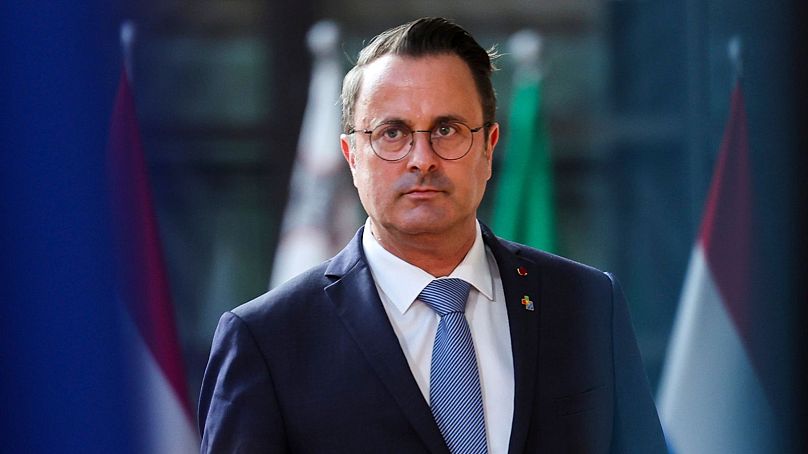The choice of a coalition partner will fall upon the conservative party's CSV, who won 21 seats in the country's parliament.
The coalition led by Luxembourg’s liberal prime minister Xavier Bettel has lost its majority in parliament during the country’s general election on Sunday - a result that calls for the formation of a brand new government and could change the nation’s political landscape.
Since 2013, Luxembourg has been ruled by a left-wing, three-party coalition government of Liberals, Socialists, and Greens under the lead of 50-year-old Bettel, the first prime minister to be openly gay in the country and the third worldwide.
While Bettel’s Democratic Party (DP) grew its support, the Green Party lost a total of 5 seats on Sunday, securing the government only 29 of the required 31 seats to reach a majority in the 60-seat parliament.
It was a surprising turn of events for a country that’s known to be relatively consistent in its voter allegiances in Europe.
The conservative Christian Social People’s Party (CSV), on the other hand, won 21 seats - same as in 2018 - and will now get to choose a coalition partner a decade after being left in the opposition.
"The people of Luxembourg have spoken," CSV leader Luc Frieden, a former finance minister, said.
"We have received a clear mandate to lead the next government. The blue-red-green majority no longer exists."
The choice of a coalition partner is widely believed to be between Bettel’s Democratic Party (DP) - the second strongest party in the country with a total of 14 seats in parliament - and the Socialists (LSAP), which currently holds 11 seats.
Bettel has shown confidence in the face of his coalition government being toppled by Sunday’s election.
“With the results achieved tonight, I think my party can claim a responsibility to be a part of the new government”, he said on Sunday night.
Talks to form a new coalition government will be ongoing on Monday.

